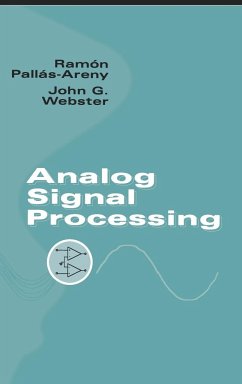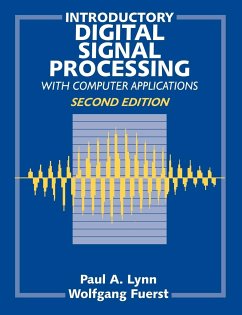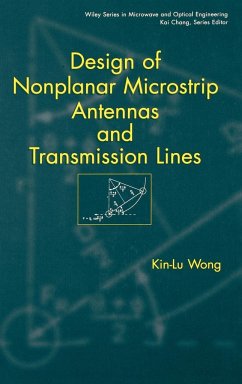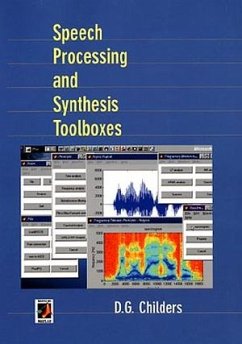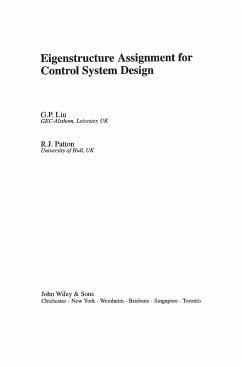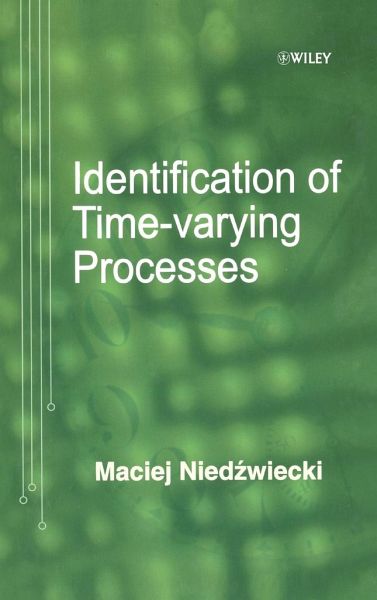
Identification of Time-Varying Processes
Versandkostenfrei!
Versandfertig in über 4 Wochen
238,99 €
inkl. MwSt.

PAYBACK Punkte
119 °P sammeln!
Time-varying process identification (TVPI) is the latest chapter in the evolution of adaptive signal processing. In mobile communications systems, TVPI techniques facilitate adaptive noise reduction, echo cancellation, and predictive coding of signals. It also has applications in adaptive control.
Die in diesem Buch behandelten Verfahren der zeitabhängigen Prozeßidentifikation werden zur adaptiven Rauschminderung, Echounterdrückung, Signalcodierung sowie zur adaptiven Steuerung eingesetzt. Theoretische Grundlagen werden unmittelbar mit experimentellen Ergebnissen verknüpft; so fällt die Erarbeitung des Stoffes leichter. Fallstudien, zum Beispiel zur Restaurierung archivierter Grammophonaufnahmen, illustrieren die praktische Anwendung der Methoden. Identification of Time-Varying Processes offers a comprehensive treatment of the key issue in adaptive systems: tracking of time-varying system parameters. Time-varying identification techniques facilitate many challenging applications in different areas including telecommunications (channel equalization, predictive coding of signals, adaptive noise reduction and echo cancellation) and automatic control (adaptive control and failure detection). The processes also assist signal processing in areas such as adaptive noise reduction, prediction of time series, restoration of archive audio recordings and spectrum estimation. Includes: All three major approaches to time-varying identification: local estimation, the basis functions approach and the method based on Kalman filtering/smoothing. Analysis and comparison of tracking capabilities of different time-varying identification schemes. Discussion of all aspects of time-varying identification such as assessment of the estimation memory, estimation bandwidth and numerical stability of different identification algorithms and optimization of adaptive filters. Presentation of selected practical applications of time-varying process identification.Essential reading for adaptive signal processing engineers, researchers, lecturers and senior electrical engineering and computer science students in telecommunications and signal processing.






